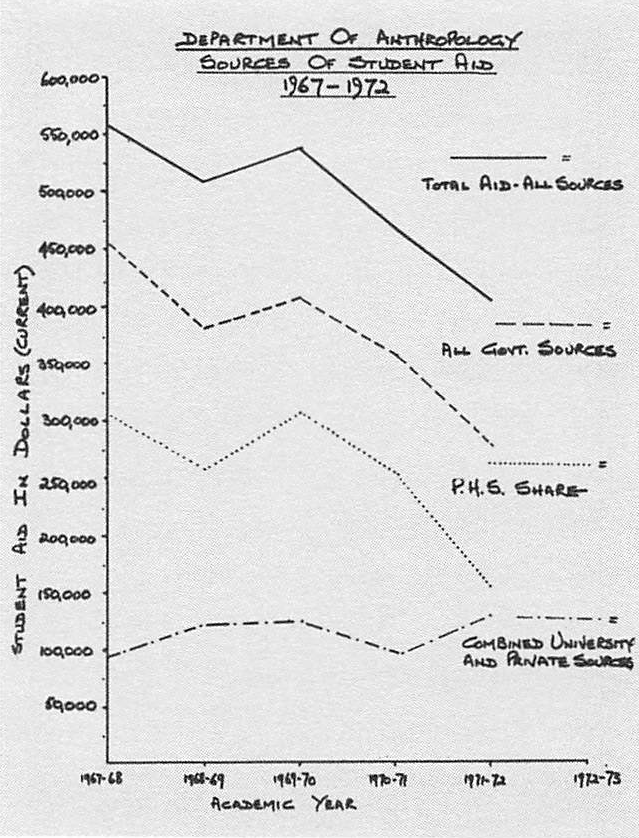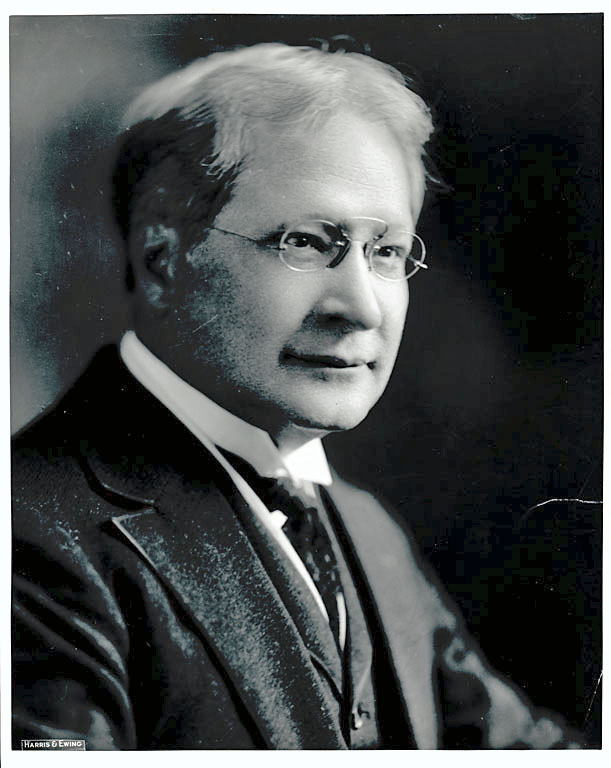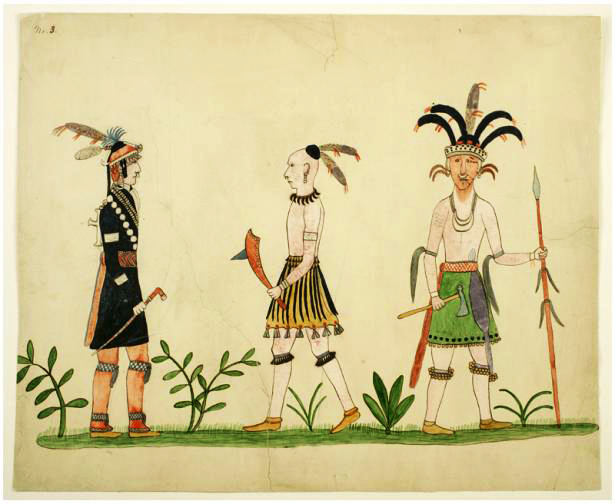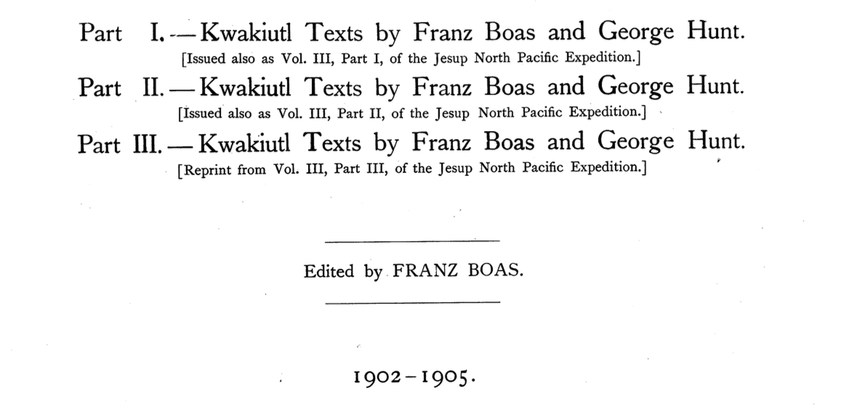Price, David H. 2016. Cold War Anthropology: The CIA, the Pentagon, and the Growth of Dual Use Anthropology. Duke University Press.
A few years ago, I had a chance to have lunch with David Price and some other people at the AAA meetings. Back then, he struck me as exactly like the kind of person you’d expect to be a professor at a small liberal arts college in the Pacific Northwest. Which is exactly what he is. Graying beard, laid back manner. I couldn’t see his feet but if he was wearing Birkenstocks, I wouldn’t be surprised. But beneath this amiable exterior is one of America’s most impressive historians of anthropology, a radical thinker and untiring author whose relentlessly probes the dark corners of our discipline’s history. In the course of twelve years Price has written three books which have helped redefine anthropology’s understanding of itself. And now, with Cold War Anthropology, Price brings his massive, precedent-make (and -busting) history of anthropology and American power to a close. It’s a defining moment in the history of anthropology, and deserves wide attention.



